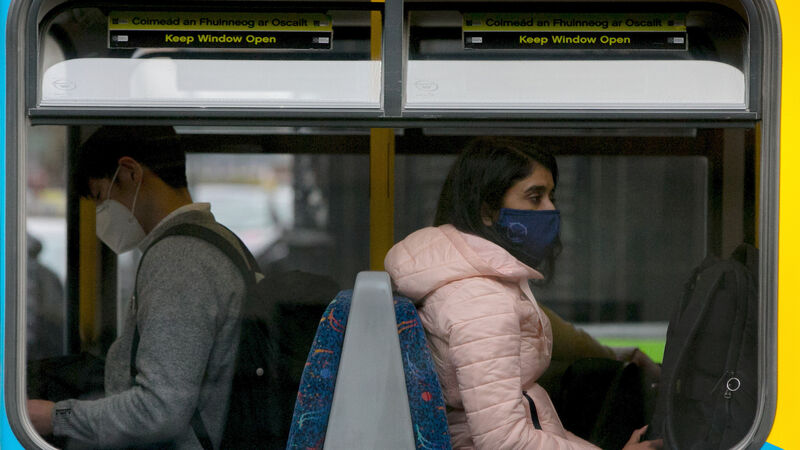Ireland could see Covid-19 death toll reach 8,000 by March

According to the modelling carried out by the Institute for Health Metrics and Evaluation, Ireland could potentially see a further 2,326 lives lost over the next three months. Picture: Gareth Chaney/Collins
The number of Covid-related deaths in Europe could reach 2.2 million by March 2022, the World Health Organization (WHO) has warned.
To date, over 1.5 million people in the region have lost their lives to the virus with daily reported deaths reaching nearly 4,200 a day by the end of September.










